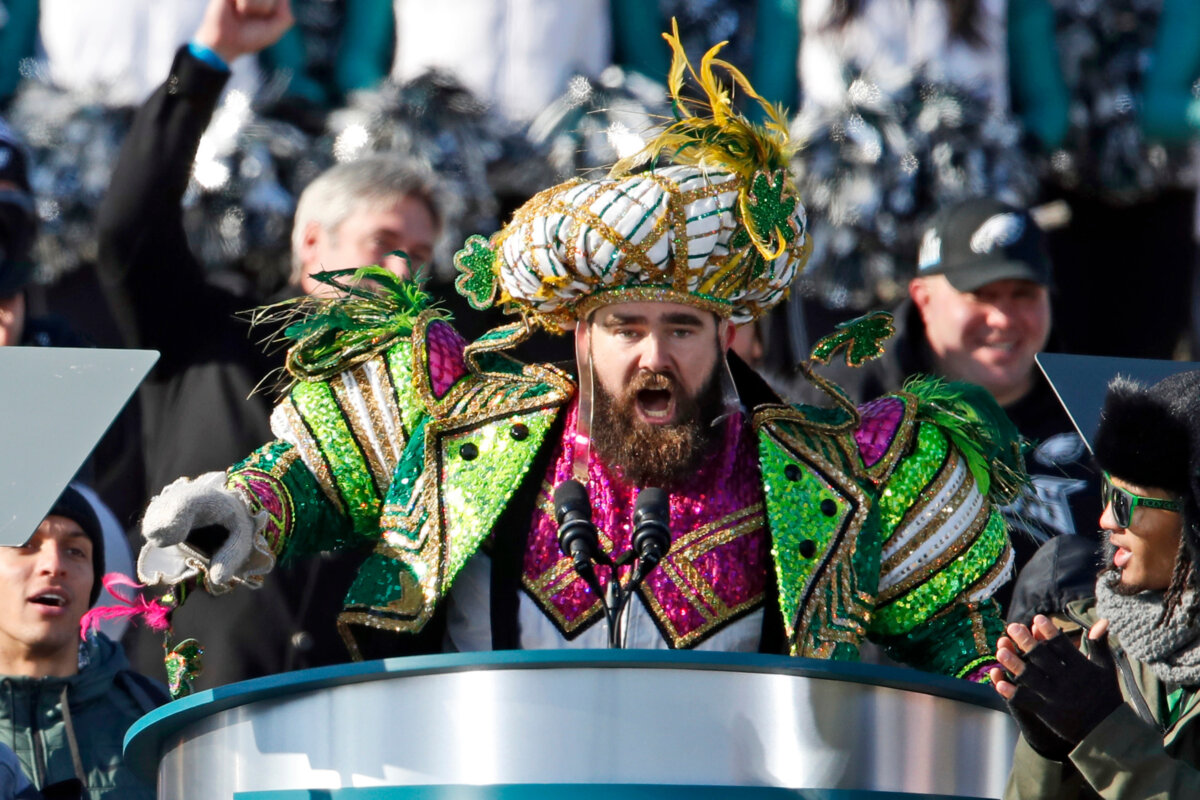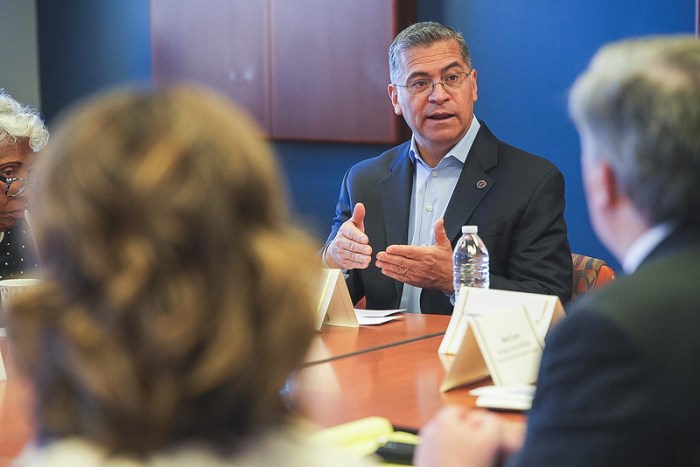I’m talking to Rob Reiner in one of the Trump buildings. It’s a bit surreal: Reiner, one of Hollywood’s most outspoken lefties, sitting in an office where the elevators are caked in gold. The “All in the Family” star-turned-Oscar-nominated director talks a bit about politics, but he’s here to talk about something even closer to his heart. His latest film, “Being Charlie,” was not just co-written by his son. The film, starring Nick Robinson (“Jurassic World”), deals with the younger Reiner’s experiences as a teenager in drug rehabs (in one of which he met his cowriter, Matt Elisofon). Reiner the elder wound up directing it himself, but he insists it wasn’t just a fit of family therapy. RELATED: Interview: Anthony Mackie on “Captain America: Civil War” and wishing there were more indies When you volunteered to direct Nick and Matt’s script, did you view it as way to exorcise demons? In part because it’s by someone who knew what rehabs are really like, it avoids playing the blame-the-victim card, which has long been how we deal with people who have addictions. RELATED: Interview: Tilda Swinton did not base her “A Bigger Splash” rocker on Bowie A lot of films about addiction also tend to be very melodramatic and view their characters as defined entirely through their struggle. This film can be lighthearted. That seems to be a staple in your career. Most of your dramas are more like dramedies. RELATED: Geek Girl in Hollywood: Can you keep spoilers out of the press? Your work writing for “The Smothers Brothers” show in the late ’60s is like that: You had to blend comedy with real socio-political anger. We’ve swung the other way, and political humor is now bigger than it’s ever been. RELATED: Interview: Jeremy Irons talks “The Man Who Knew Infinity” and fearing Trump It’s hard to do comedy that defends someone as ridiculous as Trump. Same thing with Bernie. Follow Matt Prigge on Twitter @mattprigge
No, not at all. I was kind of blindsided by a lot of it. We didn’t go into it thinking this was going to be cathartic. We just wanted to tell a story that was something we understood. But it turned out to be [cathartic]. I didn’t realize how intense it was going to get at times. The separation between the characters and us got so blurred as to get wiped out at times. We got into a lot of the things the characters in the film would get into. But it forced us in a weird way to face each other. Even though it was tough, it was the best creative experience I’ve ever had. And it made our relationship better. It’s gotten even better since then.
We punish them. That’s what we’ve done. Either with a program or we throw them in jail. Now people are starting to understand these people have problems. It’s not like they’re taking drugs because they’re frivolous. They’re in pain and they’re self-medicating. So let’s help them understand where that pain comes from so they can do something other than take drugs, which they’ve all acknowledged is ruining their lives. Hopefully this will add to the dialogue in some way.
We tried to have as many full-rounded characters as possible. There’s dark stuff in this movie — really dark stuff. At the same time they’re human beings. There’s a scene where they’re in the bathroom cleaning it, and the other guy is telling a story about a blow job. He said, “That’s a conversation I had.” So I said let’s put it in there. It happened! Life is not one way or the other.
I always find there’s comedy. Even in a picture like “Misery,” there’s funny stuff. Funny things happen. It’s just my take on the world. I look at the world and I see horribly tragic things, and I see funny things. The trick is to figure out a way to blend them together in such a way that they don’t look like they’re shoehorned, but are seamless in a weird way. I remember when I was 17, I was an apprentice at Bucks County Playhouse in Pennsylvania. They did a play called “A Thousand Clowns” by Herb Gardner. It has a very serious subject, about whether or not this guy is going to be able to keep this kid or if social services will take him away. And yet he’s also a writer for a children’s show, “Chuckles the Chipmunk.” And it’s funny! It was about really serious stuff and yet it was very funny at the same time. I said, “Oh, that’s cool, you can blend these two things.” I thought if I ever get to do something, that’s what I want to do.
With “The Smothers Brothers,” that was a job. I was just a hired hand. But it wasn’t just pushing the envelope; they ripped the envelope up. They were taking the most serious subjects and doing comedy with it. It’s funny because I was Steve Martin’s writing partner. We were the youngest two so they stuck us together. Steve was doing the balloon animals and arrows-through-the-head even then. And we were supposed to be doing hard-edge political comedy about what was going on in the world. I was like, “What the heck’s the matter with this guy?” And then all of a sudden the world came around to him. [Laughs] He didn’t change. He was doing his thing, and he was funny, and people finally started seeing what he saw.
You know what’s funny to me? There’s always been good political comedy — Mort Saul back in the day, and obviously Jon Stewart and Bill Maher and Trevor Noah and Colbert. But it’s always liberal. Very rarely do you see right-wing satire. You just don’t see it. It just isn’t funny. I don’t know why.
People get a distorted view of Donald Trump. You’re talking about the most important job in the world. You want someone with some experience with how things work. This notion that “I just want a guy in there to shake things up!” — it’s like, that doesn’t happen. We’ve had two revolutions in this country: One was the actual Revolution; the other was the Civil War. And that’s it. If you look at what happened during the Vietnam War, there were protests, there were riots in the street. And it went on until it didn’t go on. There’s only eventual, slow, incremental change. It’s not that you do all this and — boom — on a dime things are going to shift.
They say, “Put Bernie in charge, that will change everything.” And it won’t. If you look at what Obama did, he got the Affordable Care Act, he killed Bin Laden, he saved the auto industry, he opened the door to Cuba and China. But it was incremental. It’s little steps you take.
BeingCharlie_Trailer_H264_Stereo from Paladin on Vimeo.


















